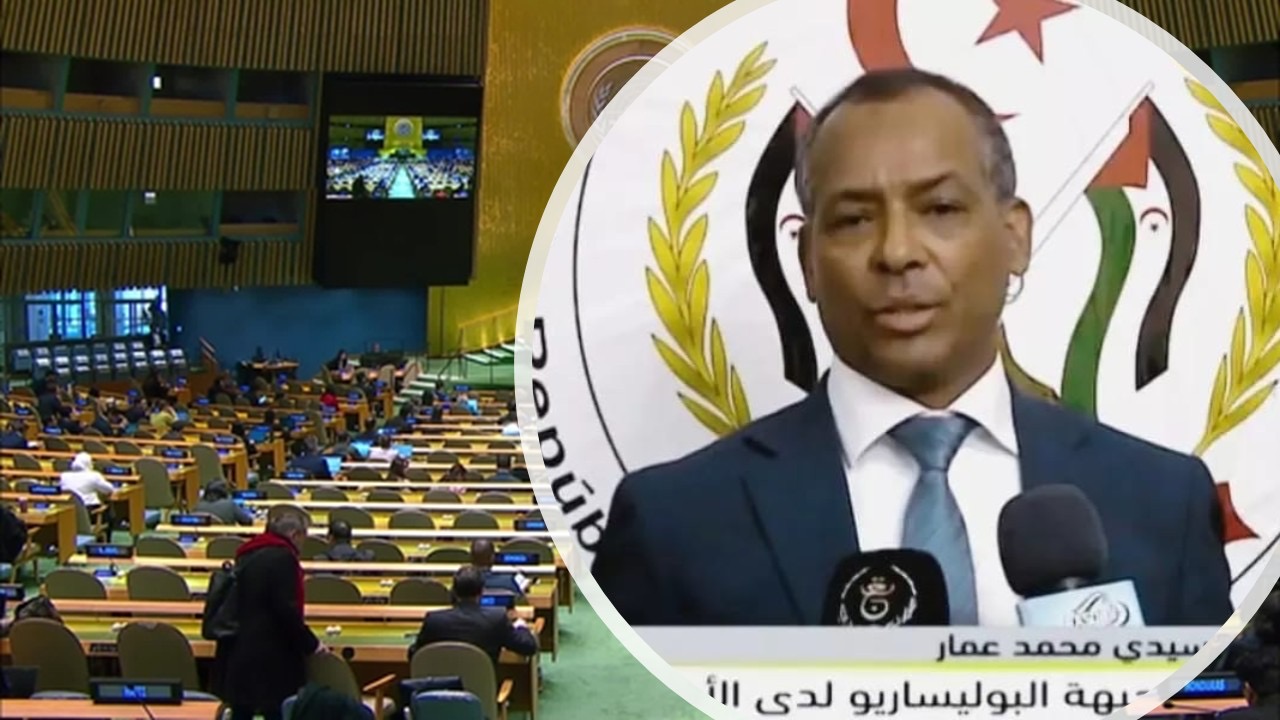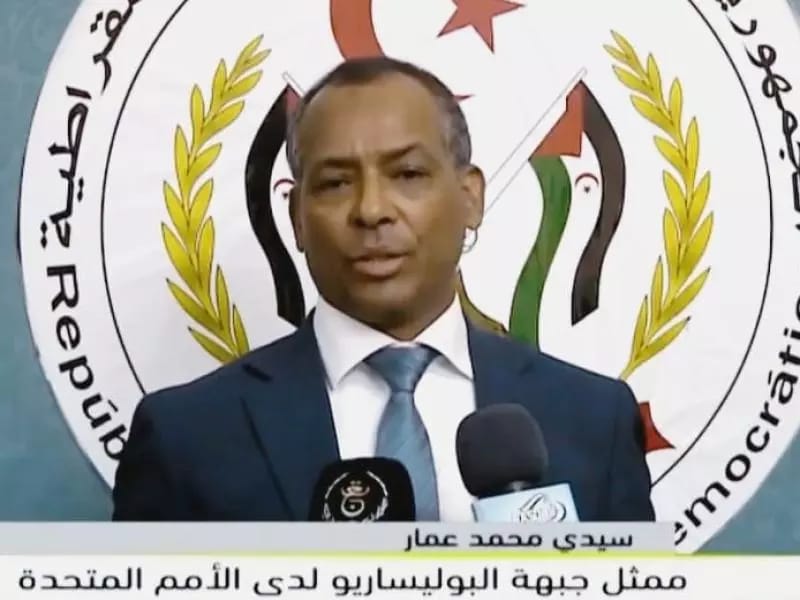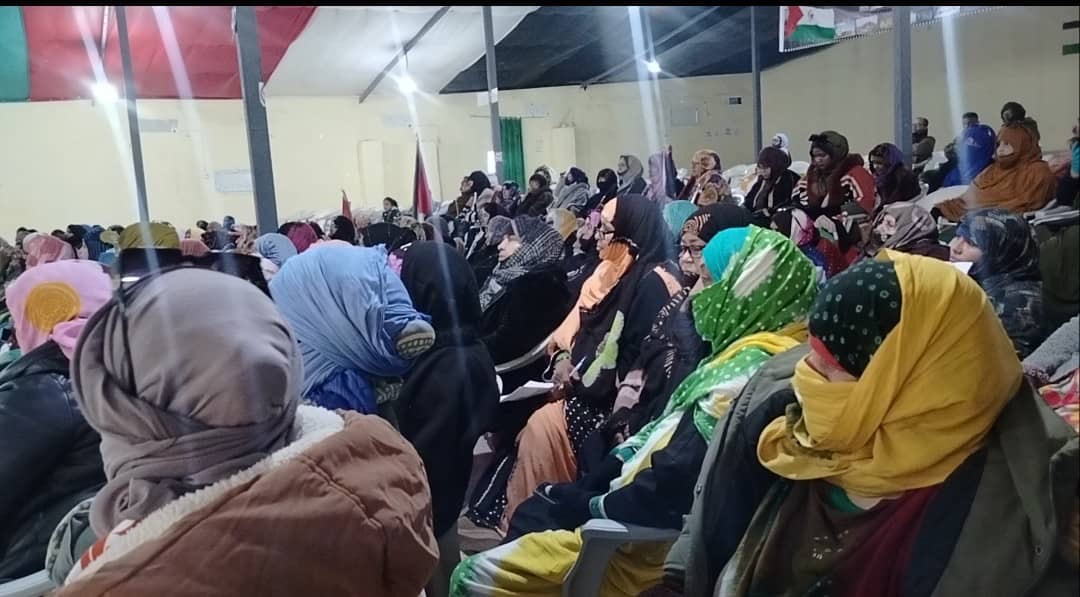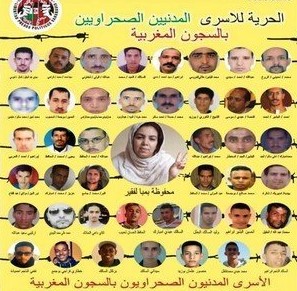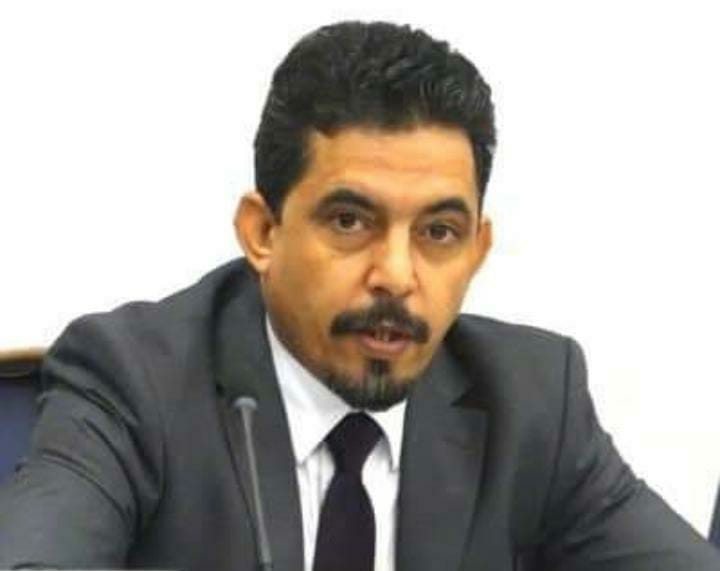
Geneva, 17 June 2024 (SPS) - The representative of the Polisario Front in Switzerland and at the United Nations and international organizations in Geneva, Ubbi Bushraya Bashir, pointed out that the historical Zemla Intifada on June 17, 1970, led by Mohamed Sidi Brahim Bassiri, "marked the beginnings of Sahrawi national consciousness" by framing the collective Sahrawi sentiment and crystallizing it into a political national affiliation with clear goals of liberation and independence.
The Sahrawi diplomat wrote in a concise article about the historical Zemla Intifada that "the thousand-mile journey that the Polisario Front has taken over the past decades to assert the Sahrawi people's right to self-determination and independence would not have happened without the giant first step taken by the Sahra wi Liberation Movement (1968-1970) in shaping consciousness, organizing the masses, and storming the field at zero hour."
The Polisario Front representative considered that "the Sahrawi Liberation Movement, led by the abducted Mohamed Sidi Brahim Bassiri, had the greatest merit in shaping the beginnings of Sahrawi national consciousness by framing the collective Sahrawi sentiment of distinction and the spontaneous rejection of foreign authority, and by pushing it to form a collective consciousness, and crystallizing it into a political national affiliation with clear goals of liberation and independence."
He added in this context, "the Sahrawi Liberation Movement was the Sahrawi people's first experience with political organizations with clear structures and a roadmap, aimed at mobilizing the masses, organizing them secretly, and watching for the right opportunity to storm the field."
Mr. Ubbi Bushraya Bashir went on to say that "after it became impossible for the Sahrawis to reach a common ground with the colonizer and with a large number of them joining the movement (organizationally or morally), the movement's leader did not hesitate to take the decision to move towards to the moment of confrontation with the Spanish colonizer, based on the awareness of the need to remove the mask from its real face in front of the masses, which is what happened in the historic Zemla massacre."
The representative of the Polisario Front emphasized "that the fall of many martyrs at the hands of the Spanish police on June 17, 1970 and the great international media coverage that accompanied the massacre, constituted a qualitative shift in the level of Sahrawi national awareness within the region and the neighborhood, and formed the great milestone towards the path of liberation, which points in bold letters to national resistance as the only way to liberation."
According to him, "the historic heroic stance of the leader of the Sahrawi liberation movement, when he refused to leave the city of El Aaiun, insisting on confronting the colonizer along with the rest of the movement's activists, and his arrest, torture, and the loss of any trace of him to this day, contributed to the rooting of the masses' adherence to the movement's goals and the expansion of the circle of sympathy with it and adherence to the covenant of their kidnapped leader."
In conclusion, he said that commemorating the anniversary of the Zemla uprising is an opportunity that calls us as an organization and national elites to move without delay, "to secure the movement as a national symbol registered in golden letters in the contemporary history of the Sahrawi people, in the face of the falsification and attempts at appropriation and deception that the Moroccan occupation has been carrying out in recent years."

